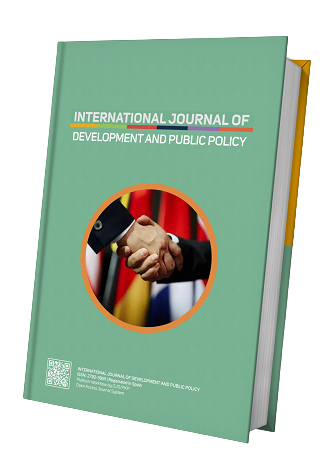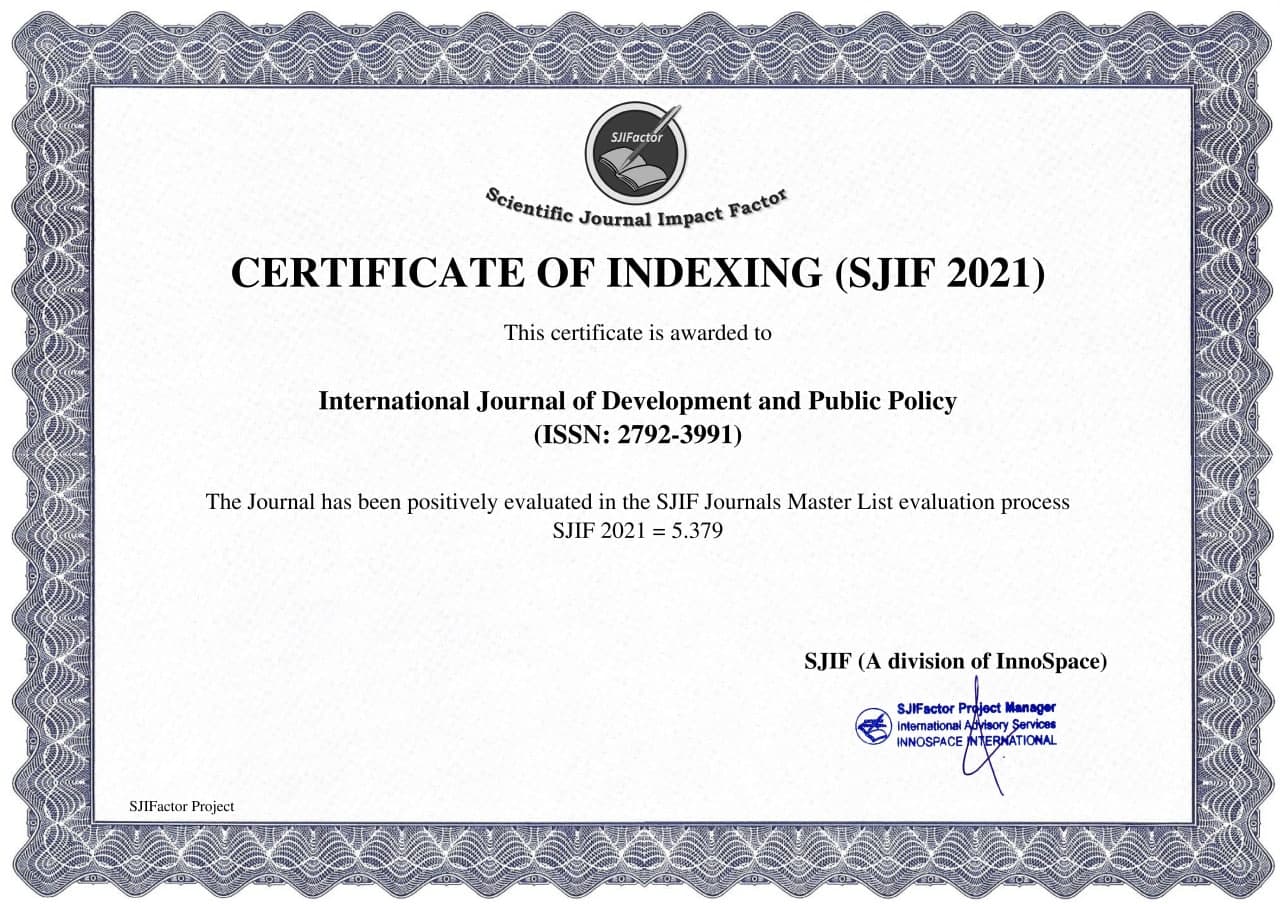Should the UK Adopt Into its Domestic Law a Broad ‘Fair Use’ Defence Instead of the Current ‘Fair Dealing’ Approach?
Keywords:
domestic law, fair use, fail dealing, monopoly, copyright, copyright owner, UK copyright law, CDPA, patent, design, TDMAbstract
Copyright is commonly claimed to result in temporary monopoly thereby, generating transaction costs for potential users in obtaining authorization.[1] However, there are certain acts specified by law, which fall outside the coverage of copyright and can legally be performed in relation to the copyright work without the consent of its owner. There are two common approaches adopted by states in framing exceptions and limitations of their copyright law, which are known as “fair use” and “fair dealing” doctrines. This paper argues that both fair use and fair dealing approaches have their limitations and if UK adopts fair use doctrine instead of its current fair dealing approach, certainty and predictability provided by it can be eliminated or undermined and therefore, it is suggested that UK fair dealing exceptions should be supplemented by fair-use style exception rather than adopting it in its entirety.






